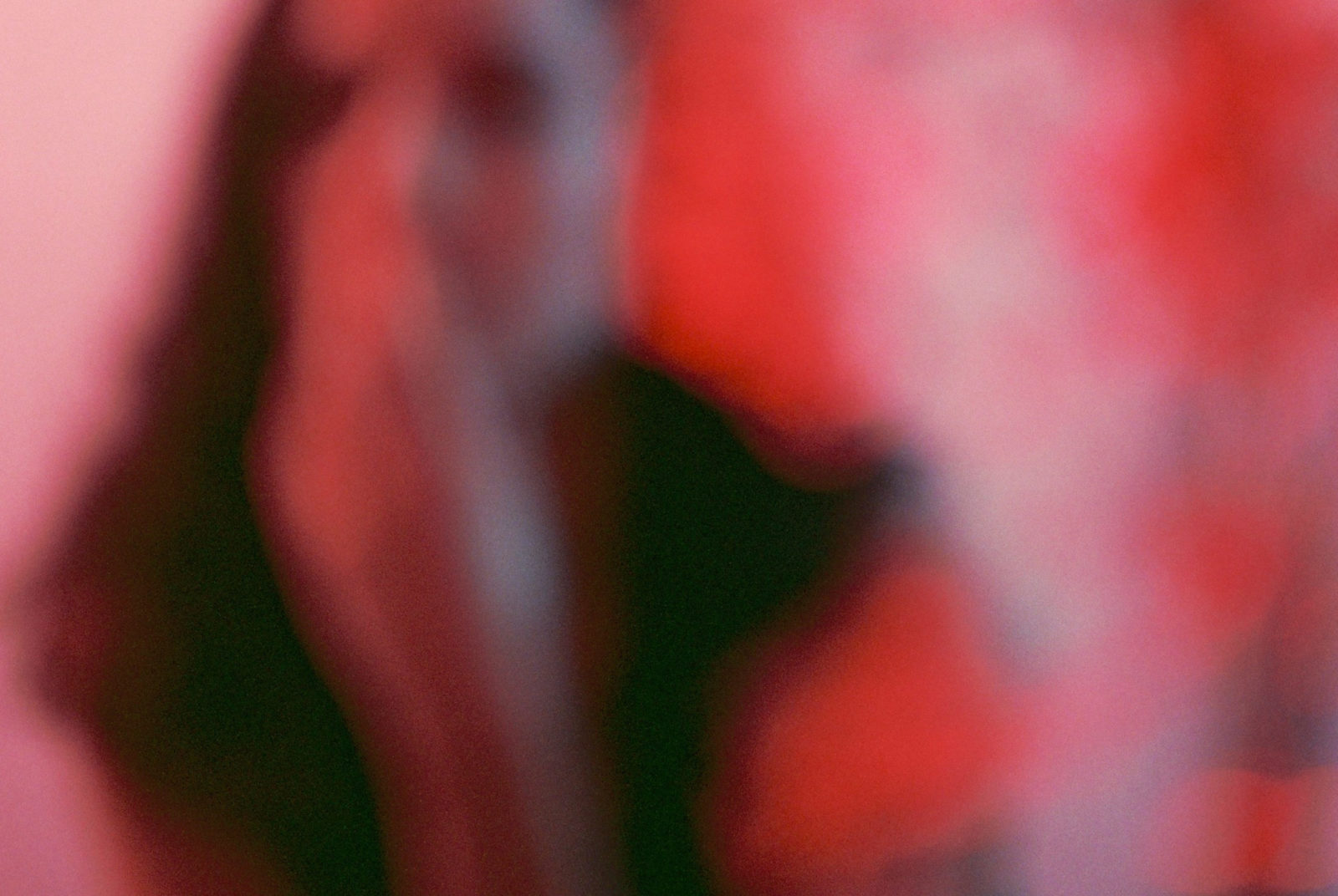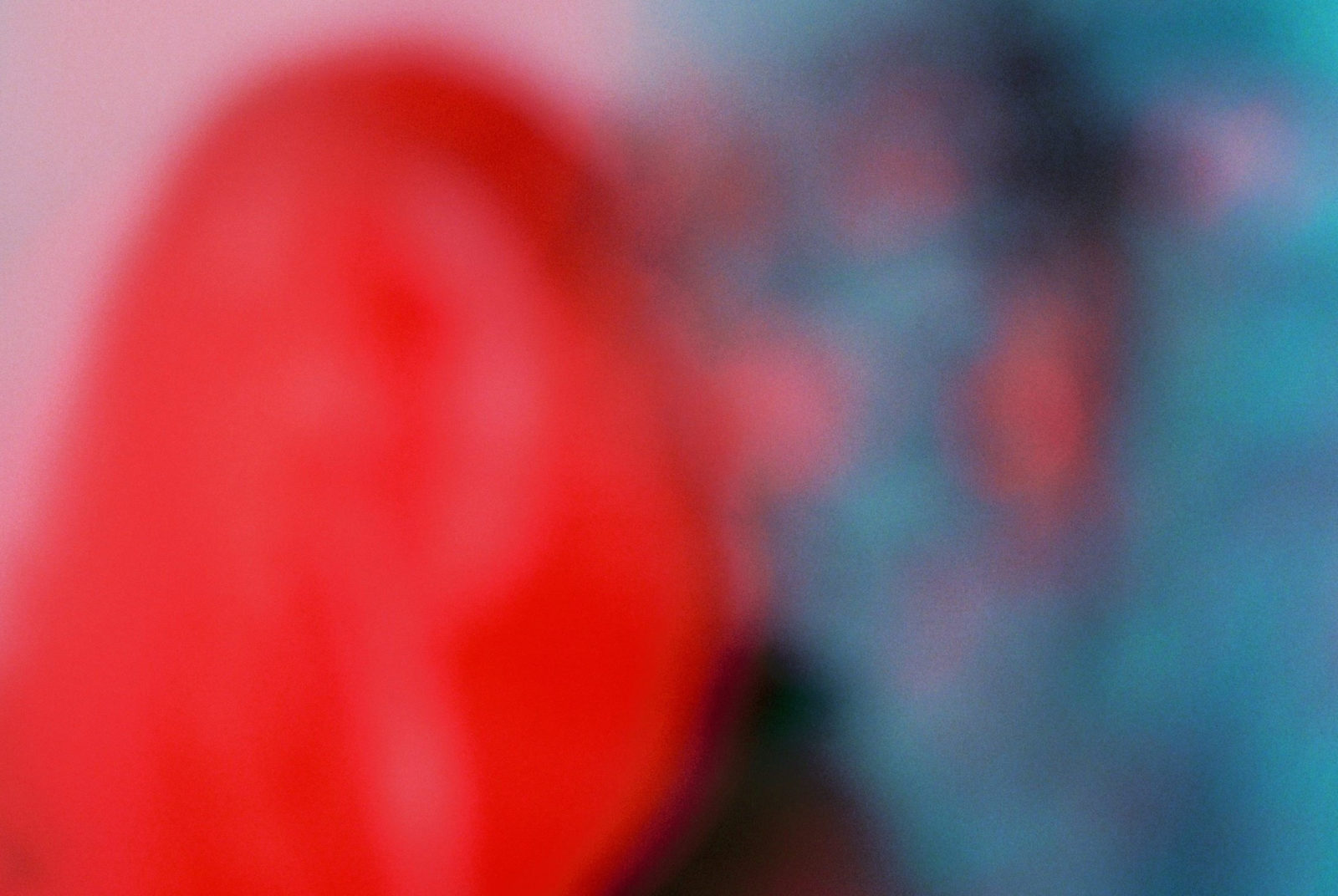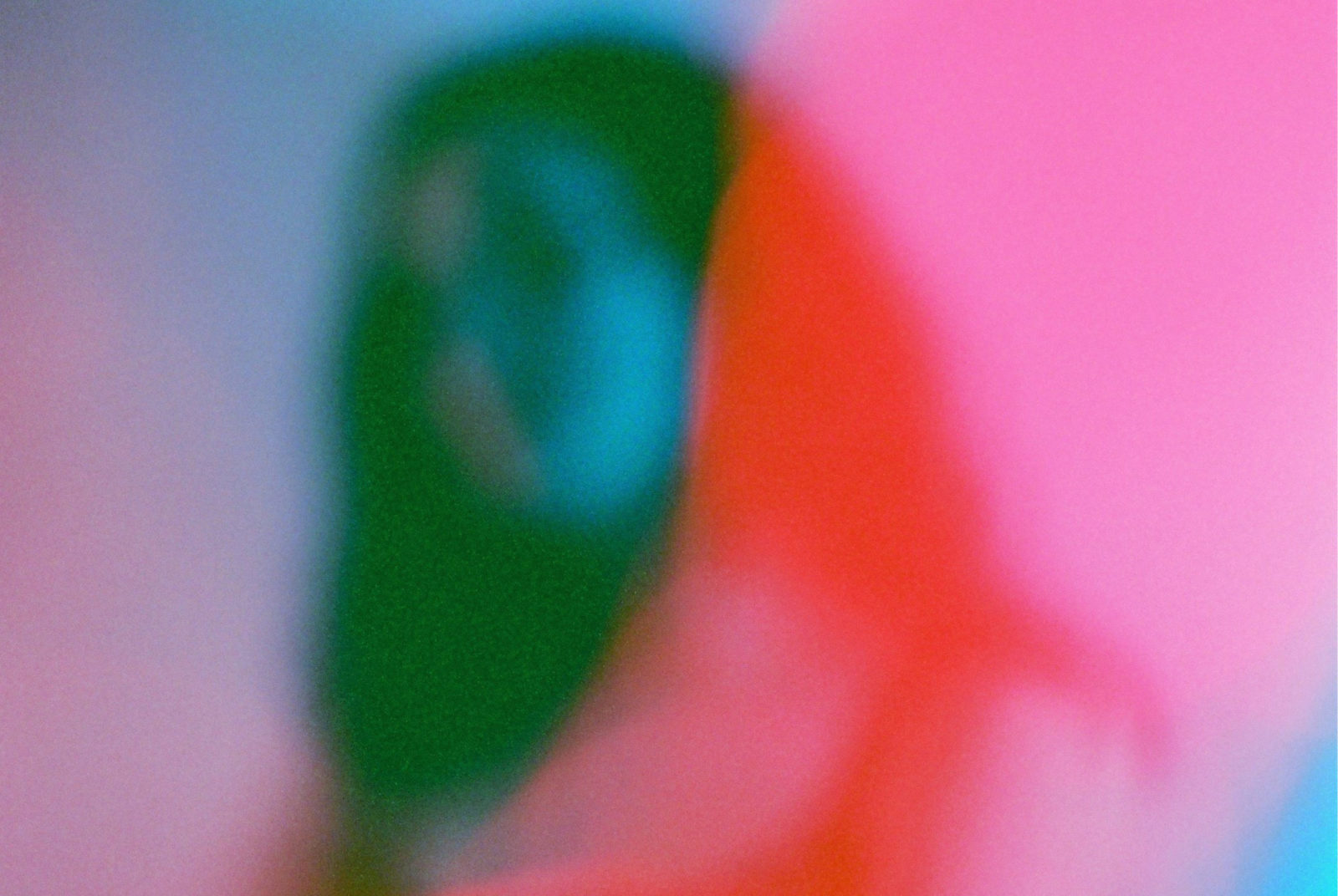Season of migration to the soul

The first mass migration I learned about as a child was the one of the Palestinian people following the 1948 war. I remember tracking their incessant displacement and continued misery from our living room in Syria while watching the news with my father. Growing up in the 1990s and 2000s I had no idea, not even a hunch, that I would soon be personally drawn into the worst humanitarian crisis in modern history and live through its devastating ramifications.
Before witnessing the Syrian exodus, the word ‘migration’ used to bring to my mind a flock of birds, systematically moving toward a place with a warmer climate and better food supplies to breed and spend the rest of the season. I always tried to apply the elements of their migration to ours, but terribly failed. Countless of Syrians fled their homes in a scattered manner and settled in camps that turned into snow boxes in winter, and those who were luckier boarded a boat for Europe. The climate of the new hosting country might be a negligible thing for human migrants, but for me, a bystander, it always gave me something to think about.
Before witnessing the Syrian exodus, the word ‘migration’ used to bring to my mind a flock of birds, systematically moving toward a place with a warmer climate and better food supplies to breed and spend the rest of the season.
Most of my Syrian friends are now dispersed all over Europe, and a few have moved to Russia in order to complete their postgraduate studies. What unites them all, besides being Syrian immigrants, is their continuous complaints about the cold weather compared to the Mediterranean climate they left behind.
The only person I know who chose – because he was one of the few who had an opportunity to select – a tropical city to settle in was a Syrian poet, who is so tenacious to his oriental roots that he writes under the pen name ‘The Damascene Sinbad’. After I lost touch with him, he persisted to show up in my dreams for almost a year. Throughout the complex process of dreaming, where my soul would travel to the dark cold corners of unconsciousness, his original countenance began fading and the reddish brown traces of the tropical sun of Kuala Lumpur on his forehead and cheeks waned, dream after dream, and morphed into features of other acquaintances. In the last dream I had of him, his complexion had been permanently replaced by a European one, belonging to a Georgian writer I once met in Beirut. Staring at his newly acquired light brown hair and snow white skin, shaded with rose on the cheeks, I woke up crying that I had lost him forever.
The trip of kisses and dichotomies
During the nine years of war in Syria, I never travelled further than Lebanon, and I always considered my regular trips there a temporary migration. My bond with Beirut went beyond being a sanctuary, it represented a crucial chapter in my journey of self-discovery. Midnight walks by the seaside always made me dig deep into the many layers of the self, and seek answers to existential questions. Those walks were not the only action that stimulated this inner quest; car trips from Latakia, my hometown on the Syrian coast, to Beirut often had the same effect.
“What a weird man he is!
While seeking wine and antlers from his lips,
I stumbled upon a city”
So read the opening of an article in the Al-Akhbar newspaper. A close friend sent me the link while waiting in the Damascus airport for his flight to Russia, and I was on my way to Beirut. This was in 2019. It wasn’t predetermined that we would both leave Syria at the same time – nevertheless, part of me was grateful that I wasn’t there when his airplane took off, to feel deserted by yet another person leaving the country.
It was dark when I reached Lebanese territory, and I was anxiously watching the rain hammer the windshield of the car while pronouncing, under my breath, the names written on the green and blue signs. Al-Miniyeh, Tripoli, Batroun, I repeated, to reassure myself that seeing through this heavy rain was possible.
My bond with Beirut went beyond being a sanctuary, it represented a crucial chapter in my journey of self-discovery.
My stream of thoughts was disrupted when the traveller in the backseat started to recount the story of a car accident that happened the previous week on the same highway. He told us that his 24-year-old wife had been in that car travelling from Latakia to Beirut, and that she had been in a coma since.
“This is my wife and son,” he said after a long pause, and reached out to show me a picture of them on his phone.
I looked up from his phone to give him a twitching smile and said, “God bless them.” Despair sunk over his facial features and many unanswered questions seemed to suddenly weigh down on his heart. He was Lebanese and his sleeping beauty Syrian. He told me that, after they fell in love four years ago, she ran away to Lebanon to marry him against her parents’ will. When he finished telling the story, I sunk down into my seat thinking of all the questions that might be troubling this young man’s soul.
He probably wanted to tell me that his kiss wasn’t enough to wake her up; but what else should he do?
“You are from Latakia too, how do you awaken sleeping beauties over there? I know that Syrian princesses aren’t like Beirut or Disney princesses,” he said.
“Death is your inseparable companion; a stalking shadow awaiting to attack its prey at any second of the day. How could a kiss liberate you from a companion that grew so attached to you during the past nine years?”
“You are from Latakia too, how do you awaken sleeping beauties over there? I know that Syrian princesses aren’t like Beirut or Disney princesses.”
I didn’t know the answers. I was only aware of our movements becoming heavier and the car turning light as a feather, so light that any slip could flip us over to the side of the highway. At that moment, I became oblivious to all the differences between Lebanon and Syria, even to the dialectal ones. I remembered the condescending look on the officer’s face at the Lebanese border while examining my passport, and him shouting at me that one of my documents seemed fake. I also recalled the words of another officer an hour later, handing me the permission to pass. “Don’t be sad, okay,” he said with a smile on his face.

Internal and external movement, blurriness and clarity, heaviness and lightness – in addition to kindness and hostility – all the dichotomies that I collected throughout the trip, suddenly merged into an amorphous piece spurring even more questions in my mind. Do we sometimes detest the other because of our differences? Are the differences even genuine, or just a reflection of ourselves that we fear to identify with? And is it solely death that recognises no difference between us?
Do we sometimes detest the other because of our differences?
I was still immersed in memories and questions when we reached a blue sign saying Beirut. At that particular spot, a fleeting figment of imagination; a man who secretly knows how to defeat the ghost of death, brought me back to reality with a kiss and whisper in my ear saying: “Do you remember our friend who quotes Tayeb Salih on every occasion? He committed suicide yesterday, leaving only one note: ‘I could find neither a place nor a person to embrace my feeble body and enormous heart.’”
Estrangement
The struggle with the host community, the new language and the identity crisis an immigrant suffers from, especially at the beginning, parallels what happens to those who stay in the country: a struggle with new circumstances imposed by loneliness and other factors. One of my coping mechanisms was to take long walks. It is a movement that spurs one towards the self, in which I would reminisce about old times with friends, daydream or cautiously approach my inner conflicts. One day in 2019, while I was wandering the streets of Latakia, passing by the coffee shops I used to hang out in with friends that now had left the country, I gradually started to lose the sense of my feet and began to feel like a floating shadow, terrified of the lights of the passing cars obtrusively trying to reveal their unfathomable being. I suddenly became unable to decide whether I was moving forward or backwards. I perceived myself as a faceless body which, from a distance in the dark, one cannot decide whether it is coming their way or escaping from them. I felt lonely and anonymous.
I perceived myself as a faceless body which, from a distance in the dark, one cannot decide whether it is coming their way or escaping from them.
This feeling called to my mind the story of a friend in Berlin. “I was having dinner with colleagues in a crowded place when a guy approached me and asked eagerly: ‘Sabrina right?’ I smiled and replied politely, ‘No,’ but he seemed so sure that he kept staring at me for a while, as if waiting for me to change my mind. When I left the restaurant and walked towards my house, I realised that even though I could count hundreds of faces passing by, neither of them was familiar. I wanted one of them to be Ali, Tarik or Manar, or even their replicas (like me and Sabrina), and that they would validate my identity, because I don’t know who I am if not in the eyes of my people. Probably a Sabrina or a Julia, but definitely not myself,” she said in a quivering voice.
When I returned home I put down what I felt in words, trying to make sense of what happened to me during that walk. Minutes later, I found myself involved in another conflict, wavering between English and Arabic. After a clash between the two languages, I finally decided on English, since I have grown distant from Arabic – my mother tongue – in the past five years, just like most millennials, and because I was studying English culture and literature in college. However, Arabic is still the language I use in my most profound and intimate conversations with family and friends. This language alternation has given me two conflicting identities, which surface whenever I try to express myself in writing, and sometimes makes me scribble down bilingual texts as an attempt to capture both identities, for I am never sure which language represents what I really means.
The Cuban poet Gustavo Perez Firmant summarised this in one of his poems:
The fact that I
am writing to you
in English
already falsifies what I
wanted to tell you.
My subject:
How to explain to you that I
don’t belong to English
though I belong nowhere else,
if not here
in English.
War, displacement, colonialism and losing our loved ones callously alienate us from our true selves. They generate new identities, which are in constant conflict with our initial ones. These conflicts challenge the ways in which we approach ourselves and analyse our emotions; therefore, inner migration becomes more complex, even intimidating, so we sometimes try to escape it.
“It is like my body resides in Germany 2019 but my soul still floats over Syria 2011.”
A friend once told me that she had avoided a confrontation with herself for three months because she could not handle the troubles that usually emerge from it. She said: “Whenever I’m on the verge of taking a trip inside, I do whatever possible to swerve back. I don’t know exactly what is happening deep down, but sometimes I overhear two or more selves with opposite views, debating in different languages things I can’t quite decipher. Since my arrival in Germany, travelling inward mainly means plunging into memories of Syria, and getting trapped in them to the extent of complete detachment from reality. It is like my body resides in Germany 2019 but my soul still floats over Syria 2011.”

Rootedness versus rootlessness
Literature, creative writing, or even writing your diaries can initiate a journey that sometimes saves the soul from perishing. Tayeb Salih’s novel ‘Season of Migration to the North’ was one of the readings that made me understand my own identity conflict and question the idea of rootedness, in an inner quest that lasted for weeks.
I later came to conclude that rootedness is an emotional thing; an abstract idea that maintains our sense of belonging to a place or community even after leaving it, which in turn retains the connection with the true self. For this reason, when we lose the feeling of rootedness, a destabilisation within will occur.
This is what happened to both Mustafa, the protagonist in Salih’s novel, and the narrator of the book. When both of them failed, on a psychological level, to integrate after coming back to Sudan from England, and any reconciliation with their rootlessness seemed impossible, they decided to end their lives in the Nile as a last attempt to reunite with their true selves. But instead of drowning in the Nile like Mustafa, the narrator took a last minute decision to save himself – he realised the absurdity of sacrificing his life for the sake of an idea; for an abstract thing like rootedness, as there were so many other things in life worth living for. He recounts in the book: “All my life I had not chosen, had not decided. Now, I am making a decision. I choose life. I shall live because there are few people I want to stay with for the longest possible time and because I have duties to discharge. It is not my concern whether or not life has meaning. If I am unable to forgive, then I shall try to forget.”
It is known that memories are the containers of roots and the threads that keep us connected to places and people, but are they enough or everlasting?
The novel addresses a kind of suffering that a lot of us can identify with, and after finishing reading it I was flooded with questions that I couldn’t find answers to. How can we preserve this feeling of rootedness after leaving a place? Is it through abstract things like memories or tangible objects like photographs? It is known that memories are the containers of roots and the threads that keep us connected to places and people, but are they enough or everlasting? Will phone calls with the ones who left, and the unscheduled “we will meet soon” or “see you back home,” keep the roots alive? How are we supposed to spare this generation of immigrants what Mustafa and the narrator felt, or is that something inevitable? How should I and other people who stayed in Syria reintegrate into a community that we never physically left, but emotionally abandoned because of the absence of our loved ones? And in what ways can we migrate to the self that we are growing so estranged from?
Two months ago, I was reunited with a friend, Salma, who had just come back to Syria after ten years in the UAE. We sat in my favorite coffee shop and talked about the challenges of living away from your home country. Salma spoke confidently and wisely when I asked how the drastic changes in the country made her feel. She seemed as harmonious with everything around her – the torn apart community and the destruction – as she had been when she lived abroad. I shared my thoughts on rootedness and rootlessness with her, and the ways my love stories interplayed with those emotions. I told her about the time I fell in love with someone sitting at that table next to us on New Year’s Eve in 2018, and how he left the country two weeks later. I recounted how I found love again in the summer of 2020, on the shimmering sand of the Syrian coast, and explained why I was afraid of never finding it outside of these places.
For me, home was never a place or a person; it is something I always carry with me wherever I go.
She smiled cunningly, as if she knew a life-altering fact that nobody else knows, and was seconds away from disclosing it. She said: “Conflicts of identity arise from a failure to make peace with ourselves. Home is always within, but we are never courageous enough to reconcile with all the traumas that make us who we are. In a world devoured by conflict, our souls are our safest homes. For me, home was never a place or a person; it is something I always carry with me wherever I go. That’s why I’m never rootless. The only real estrangement is the estrangement from the soul, every other estrangement is merely a social construction.”
Inner migration was produced as part of the Switch Perspective 2020-2021 project, supported by GIZ. All illustrations by Aude Nasr.







